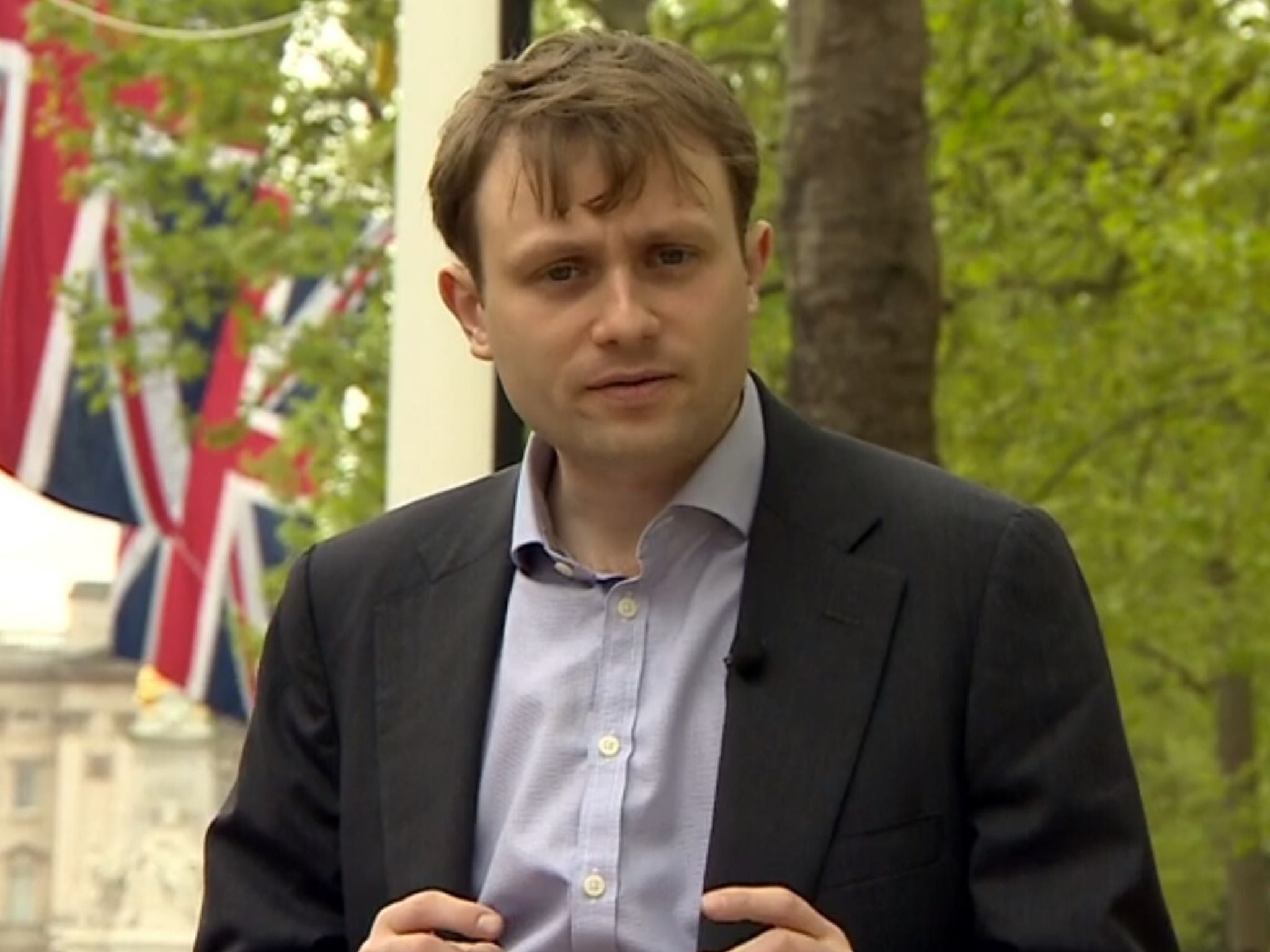A special adviser who really was a ‘weirdo’ too far
The appointment of a man who professes to believe in eugenics is raising eyebrows, writes Sean O’Grady – but he’s far from the first ‘irregular’ to offer a prime minister advice

One thing we ought to remember at the outset when examining what we may come to know as the Andrew Sabisky affair, who abruptly resigned last night, and the Svengali personality of Dominic Cummings, the prime minister’s special adviser: some of this is really nothing new. For more than a century, ever since the days of David Lloyd George, prime ministers, in particular, have called on the formal or informal, and the paid or unpaid services of any number of “irregulars”. They are people which might fit the description of “misfits and weirdos”, a sort of small auxiliary force offering different voices and views. Rarely have they been viewed with anything less than suspicion by the permanent civil service. Some “advisers”, stretching the point, happened to be the spouses of premiers, those with strong views of their own and whose influential pillow talk perhaps had some impact on the life of nation; Denis Thatcher, Cherie Booth, and maybe Carrie Symonds, might be such.
There have always been some weirdos and misfits with odd opinions around No 10; prime ministers attract them, and some prime ministers are attracted to them.
Let us pluck one example. If Johnson styles himself on his hero Winston Churchill, then we have a ready, albeit imprecise, precedent for Cummings/Sabisky in one of Churchill’s wartime confidants and his official scientific adviser; Frederick, or Freddy Lindemann, later Lord Cherwell. “Churchill’s professor” he was called, among many less complimentary sobriquets for this unusually well-connected Oxford academic physics. I can’t do better than the dry assessment of his Wikipedia entry: “A brilliant but arrogant intellectual, who quarrelled sharply with many respected advisers. His contribution to Allied victory lay chiefly in logistics. He was particularly adept at converting data into clear charts to promote a strategy. But despite his credentials, his judgment about technology was often flawed. He tried to block the development of radar in favour of infra-red beams. He discounted the first reports of the enemy’s “V” weapons programme. He pressed the case for the strategic area bombing of cities on a false premise about the impact of such bombing on civilian morale.” Apparently, Lindemann “held the working class, homosexuals, and blacks in contempt and supported sterilisation of the mentally incompetent”. Familiar ring, there.
Subscribe to Independent Premium to bookmark this article
Want to bookmark your favourite articles and stories to read or reference later? Start your Independent Premium subscription today.
Join our commenting forum
Join thought-provoking conversations, follow other Independent readers and see their replies